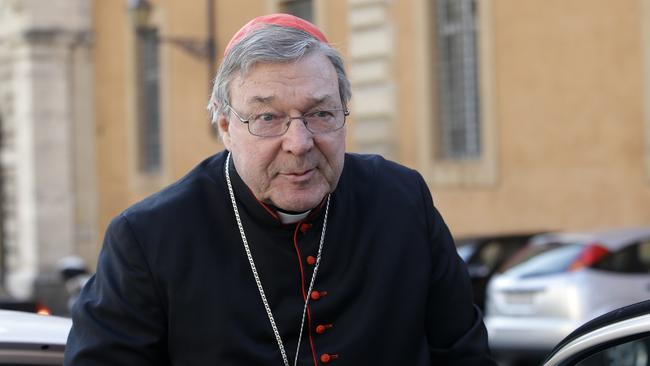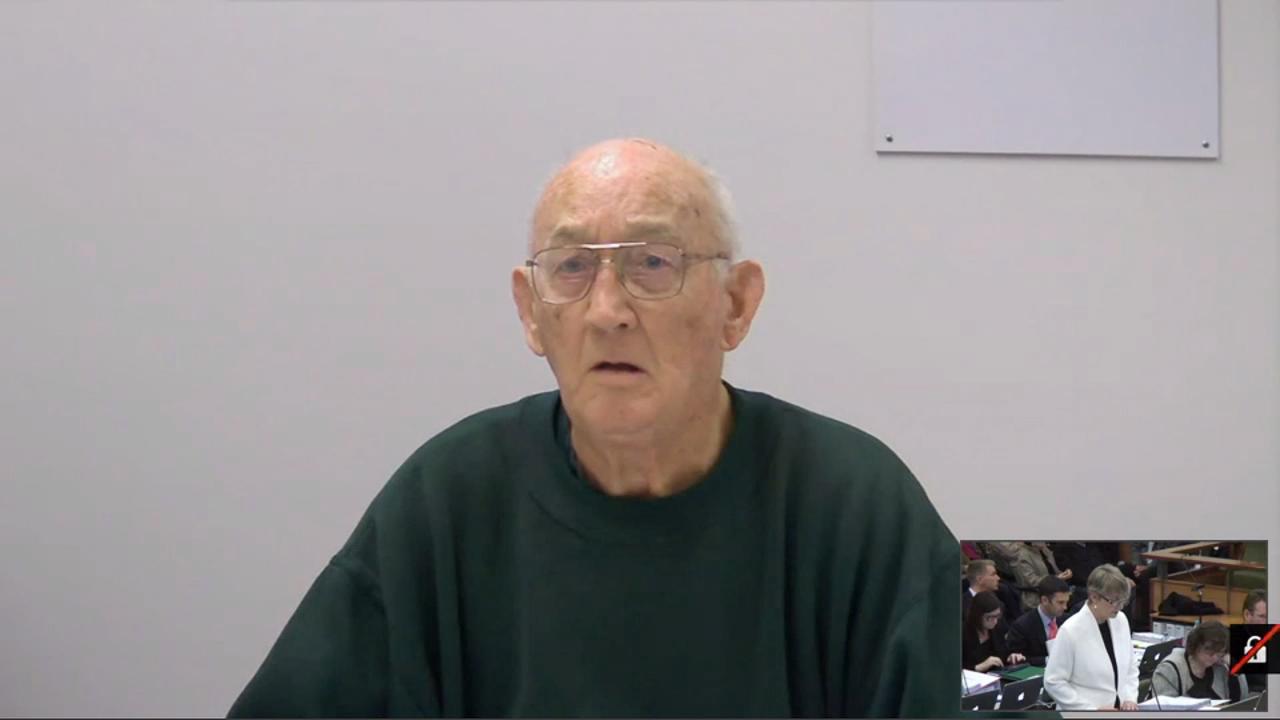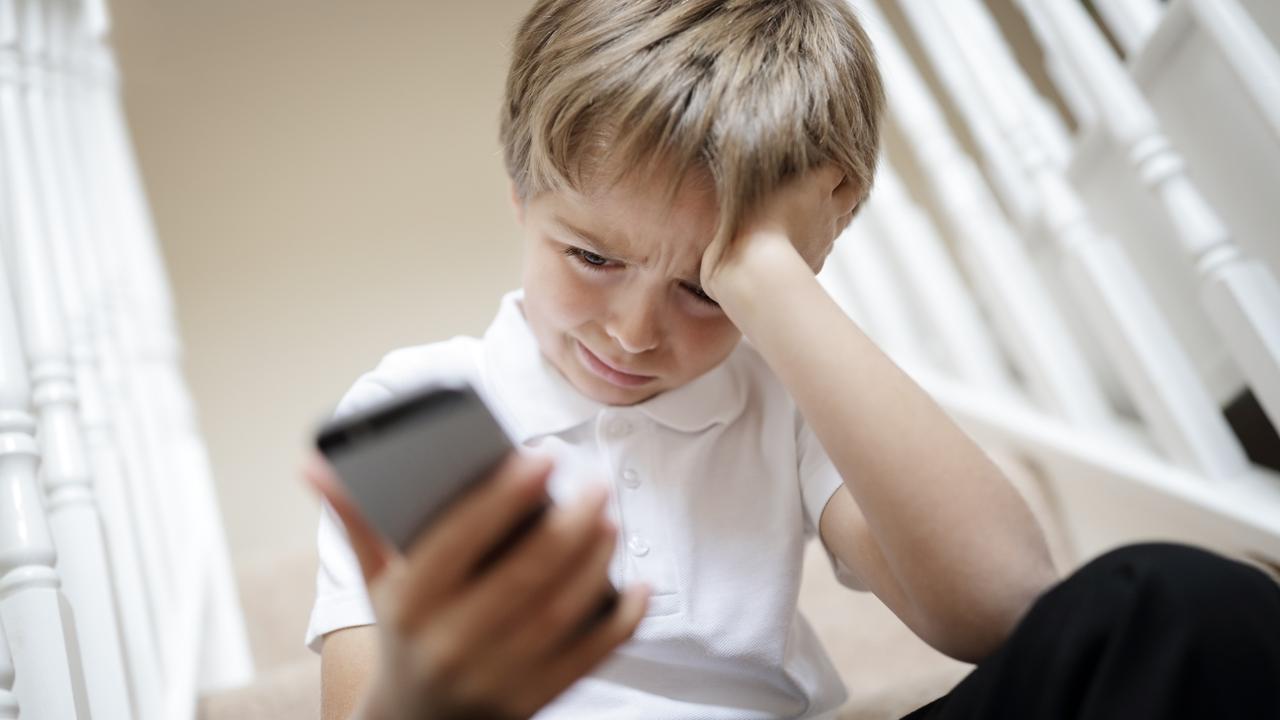George Pell faces battle but doubts emerge over claims
George Pell is facing a battle to clear his name at the child sex royal commission despite doubts about some claims.

George Pell is facing a battle to clear his name at the child sex royal commission despite doubts about the worst of the allegations against him.
Analysis by The Australian of commission evidence shows that many of the key claims against Cardinal Pell are highly contested and, in some cases, could not have happened.
But Cardinal Pell is under pressure over the handling of a Melbourne priest and his decision to allow a sex offender priest to remain in the Catholic system.
Commission evidence also shows Cardinal Pell was present on multiple occasions when it was decided that offender Gerald Ridsdale should be moved around the diocese of Ballarat.
Documents show Cardinal Pell was present at the 1977 Ballarat College of Consultors meeting when Ridsdale was appointed parish priest of Edenhope, in Victoria’s west, where he committed some of his worst crimes.
He was also at the 1979 meeting when it was announced Ridsdale had applied for study leave.
He was present at the 1982 meeting when, on the evidence of Father Eric Bryant, Bishop Ronald Mulkearns said there was a problem with homosexuality and that Ridsdale needed to be moved.
From Mortlake, Ridsdale went to the Catholic Enquiry Centre in Sydney.
In 1983, Cardinal Pell was at a meeting during which permission was granted for Ridsdale to stay at the centre for a second year.
Cardinal Pell was not present at the meeting during which Ridsdale was initially appointed to Mortlake. Ridsdale abused children at all of these placements. There is no clear-cut evidence to prove Cardinal Pell knew Ridsdale was a sex offender until he was charged by police.
Evidence has also been put before the commission that Cardinal Pell allowed a priest who had admitted to his predecessor that he had molested a youth to remain a priest under certain conditions.
In March 1994, Father Barry Robinson told Frank Little, then the archbishop of Melbourne and who has since died, that he had “fouled up” with a 16-year-old in the US, according to a file note tendered to the commission. Vicar-General Monsignor Gerald Cudmore wrote to Father Robinson and told him his faculties and priestly ministry had been suspended.
In October 1995, Little wrote to Father Robinson that he was prepared to restore him to a limited exercise of his priestly ministry. One of the conditions was that if Father Robinson felt he was at risk of offending he should consider chemical control under medical supervision.
In 1997, then Archbishop Pell appointed Father Robinson assistant priest in Williamstown, in Melbourne’s west. “I understand that this appointment is to be exercised within the parameters which have already been advised, namely of adult contact, avoidance of situations which might place you or others at risk and remaining under such medical supervision as your medical advisers recommend,” he wrote.
Cardinal Pell’s spokesman in Rome yesterday dismissed suggestions that he was trying to avoid giving evidence to the commission after the cardinal had said he was too ill to travel to Australia.
“Claims that Cardinal Pell is refusing to attend the royal commission or to face victims of sexual abuse are false and ridiculous,’’ the spokesman said. “Cardinal Pell’s whole career is a story of stepping up to meet challenges, not avoiding them. He is ... determined to give evidence in the Ballarat and Melbourne case studies.’’


